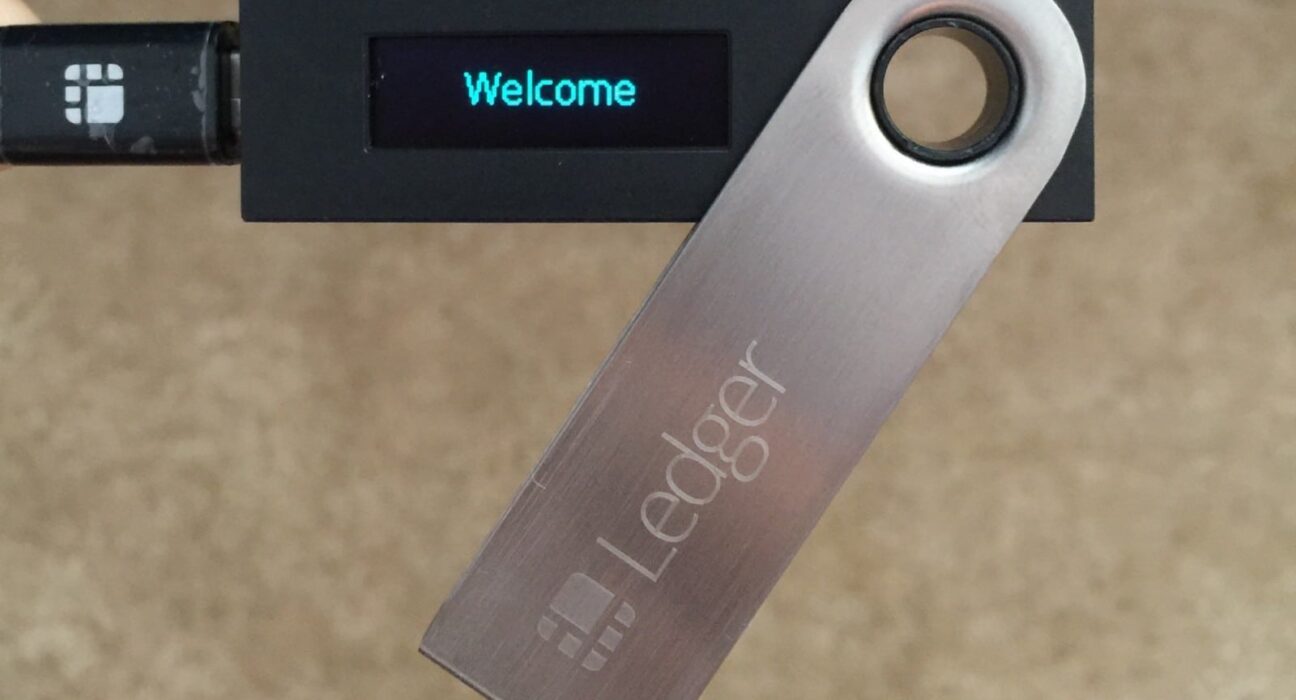
Today, Ledger, a crypto hardware wallet firm, declared that its users would soon be capable of interacting with DeFi protocols right from its mobile app, LedgerLive. To decrease dependence on wallets like browser-based Ethereum wallet MetaMask and Ethereum gateway MyEtherWallet, the Parisian hardware wallet company has combined WalletConnect. This open-source protocol integrates crypto wallets with decentralized applications. This indicates that Ledger’s consumers will be capable of accessing WalletConnect’s open-source protocol straight from its mobile app. Thus, enabling them to interact with DeFi protocols from cold storage directly.
As per Ledger, the hardware wallet owners can employ the wallet’s app to associate with various dApps. It involves a host of exchanges, tools, and DeFi protocols. Earlier, this feature was only accessible for desktop owners, but now it will be available for mobile users. Moreover, Ledgers users will be capable of accessing the DeFi space by scanning QR codes in dApps.
Ledger launches the list of DeFi Apps and platforms supported in its Mobile App
Further, with Ledger Live, mobile app users can securely sign subsequent transactions on their device. Amongst the host of Decentralized finance (DeFi) apps and platforms, DEX like Uniswap and 1inch, marketplaces such as Rarible and OpenSea, and portfolio managers such as Totle Zapper are to be supported. DeFi lending protocols like Aave and Compound are also supported.
Moreover, the advantage of employing WalletConnect over a service like MyEtherWallet or Metamask is unclear. Ledger contends that consumers would not be required to access MetaMask or MyEtherWallet in web browsers. They could perform everything in its application. Ledger designated that zero barriers and no dangerous browser extensions were the basis for the inclusion of support.
Over the past months, Ledger faced severe criticism as it failed to preserve a large scale hack of its consumer’s databases. Between March and July last year, a hacker group attacked Ledger’s consumer’s databases. The attacker then traded the dark web data holding personal information of 272,000 consumers. It involves their names, email, physical addresses, and contact information.
Follow BitcoinWorld for the latest updates.
Disclaimer: The information provided is not trading advice, Bitcoinworld.co.in holds no liability for any investments made based on the information provided on this page. We strongly recommend independent research and/or consultation with a qualified professional before making any investment decisions.

